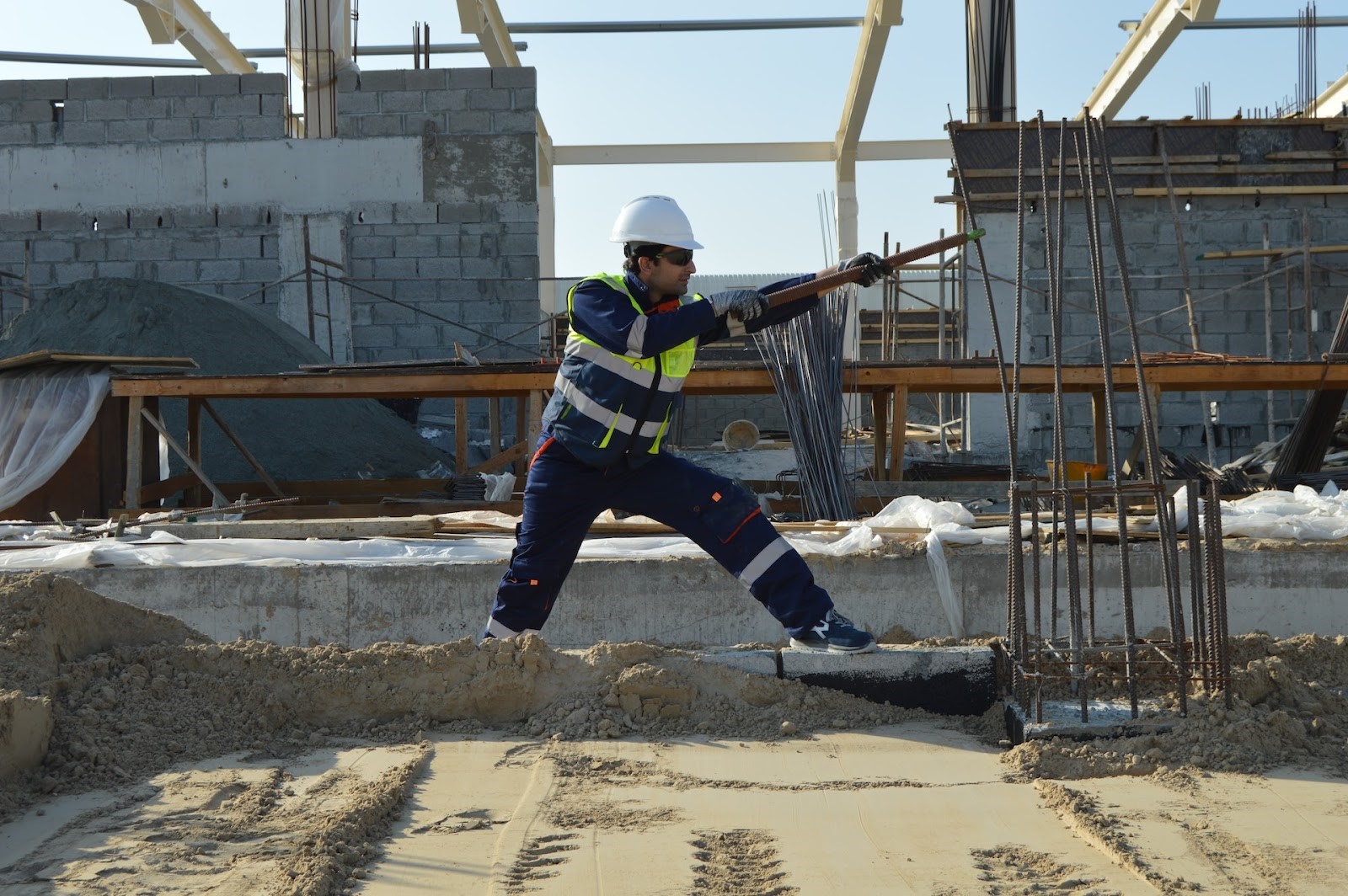Highways, airports, hospitals, railway systems and subways. Power and telecommunication grids and water utilities. All of these pieces of infrastructure are vital for our economy. However, they are all facing enormous challenges.
One huge challenge they are facing is the battle against climate change. The entire construction lifecycle has to find new ways to make its infrastructure cleaner, more energy efficient, and more resilient to reduce the effects of climate change.
According to the New Climate Economy, by 2030, the world is expected to invest over $90 trillion in sustainable infrastructure. These investments are imperative for several reasons. Not only are they needed to renew old equipment in developed countries and bring them up to date with the fight against climate change, but they’re also essential to reinforce green economic growth in developing countries and emerging markets.
While this may be true, building better, more sustainable infrastructure isn’t as easy as it sounds. So, how do we build infrastructure that is more sustainable? Keep reading below to find out:
Table of Contents
Think About Outcomes
It is well-known that mostparties involved in modernizing or building infrastructure struggle to look beyond the remit of what they are responsible for. This can have several consequences, including project delays, budget overruns, and inefficiencies.
To overcome this issue, we need to start thinking about the required outcomes of the entire system and work alongside people who do the same. Fostering a more systemic, holistic approach to sustainable infrastructure requires a change in relationships and working practices that unite all people in pursuit of a clearly defined goal.
Embrace Digital Innovation
Almost all industries worldwide have started harnessing new technologies and the advances they bring; however, infrastructure seems to be somewhat left behind. It has the second lowest rate of digital adoption, just slightly in front of agriculture.
In order to build sustainably, we need to embrace digital innovation. We’re talking about several things, including using Geographic Information Systems when designing or building infrastructure and using tablets to remotely share, access, and update design plans.
Build Differently
The world has altered drastically over the last few years. We have seen sudden sharp shocks like the COVID-19 pandemic, an ongoing increase in urbanization, and the disruption caused by the climate crisis. All these things mean we must build better by building faster,more efficiently, and more sustainably, and we need to start doing it now.
Improve Public-Private Partnerships
The final thing we can do is improve public-private partnerships. While these types of partnerships haven’t been very successful in the past, they could go a long way to helping us build more sustainable infrastructure if we can improve them.
Private-sector businesses can play an active role in getting big infrastructure projects off the ground. They can bring additional financing, digital innovation, and other capabilities that government and multilateral institutions lack. This can significantly increase our chances of building better, more sustainable infrastructure worldwide.
The population of the world is on the increase. While this can have many benefits, it also brings some downsides, including upsetting the economic, social, and environmental balance. Thankfully, there are some things we can do to improve this, such as building more sustainably, using the techniques we’ve listed above. Let’s hope that by 2030, more countries will choose to do this.





